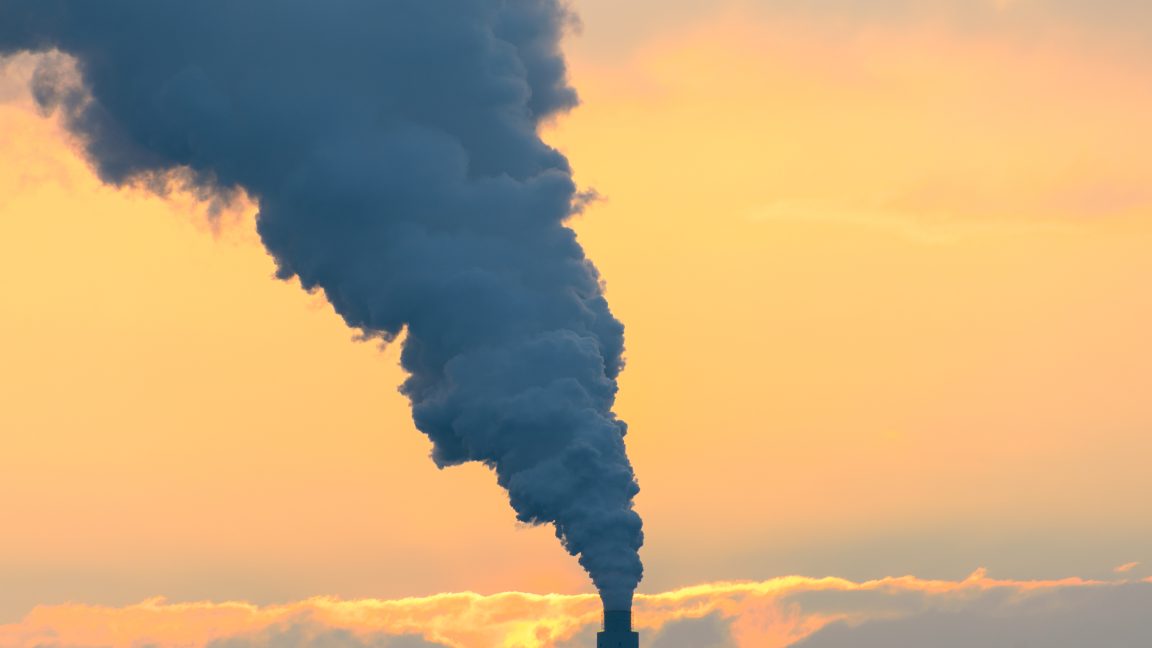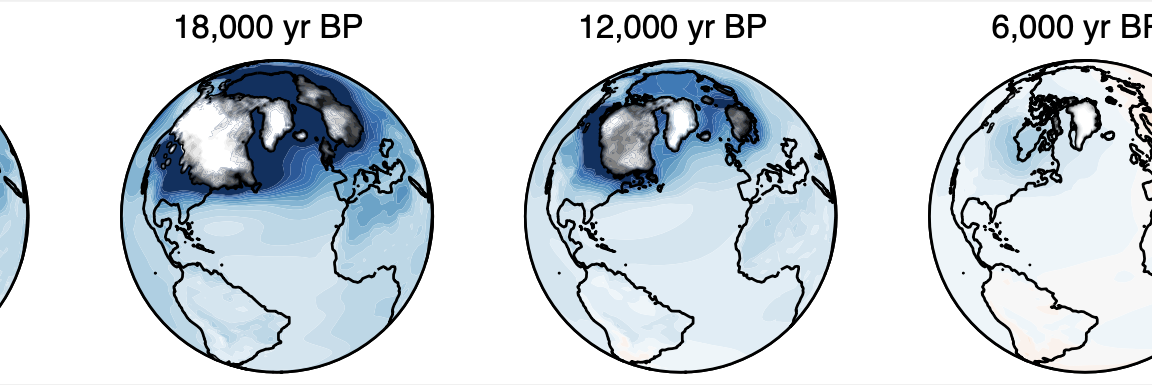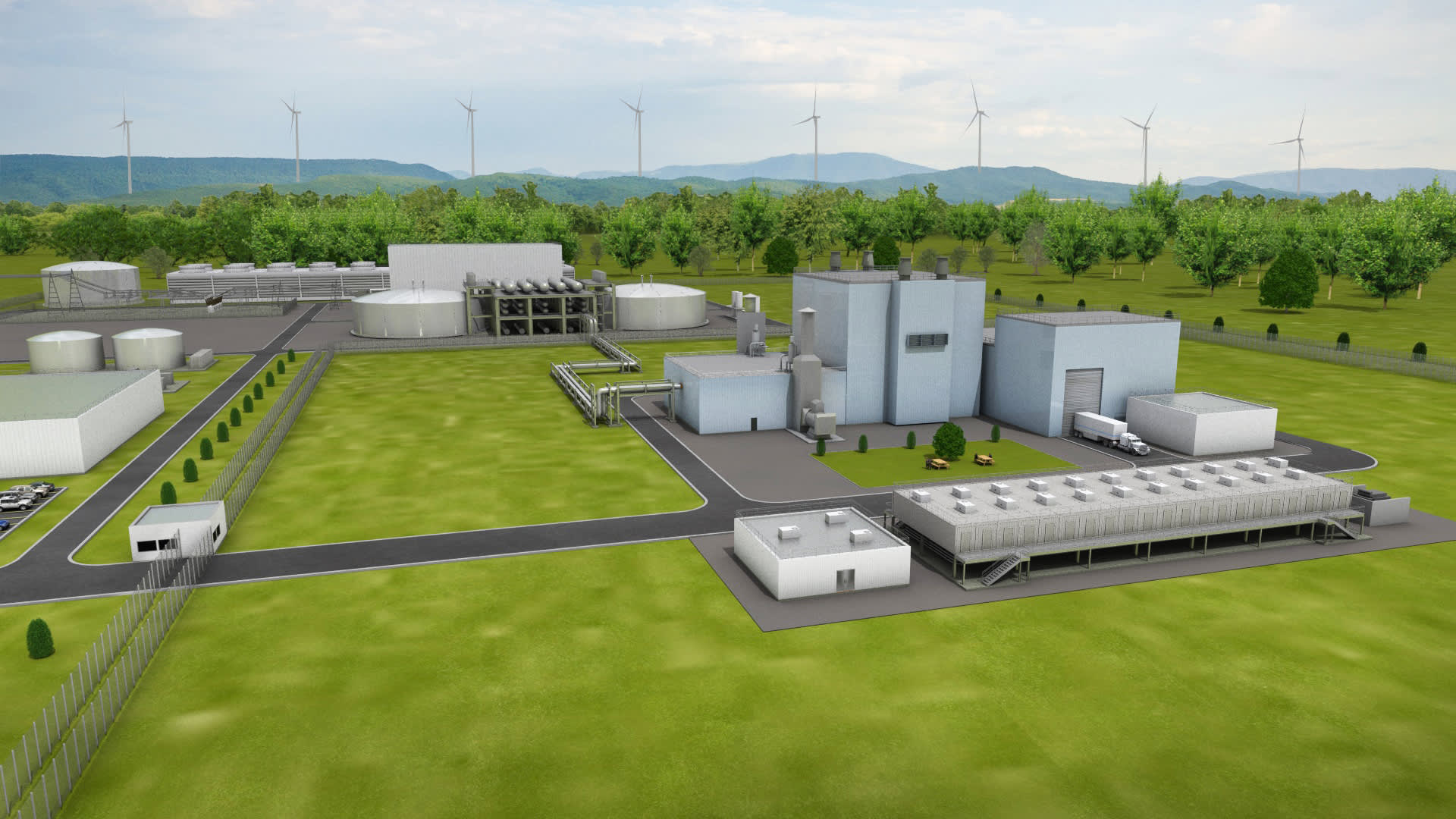
There are no real climate leaders yet – who will step up at Cop26? | Greta Thunberg
Like other rich nations, the UK is more talk than action on the climate crisis. Something needs to change in Glasgow, says climate activist Greta Thunberg




Arctic ground ‘literally collapsing’ amid abrupt thaw
Experts say global emissions need to be cut now to limit the release of potent greenhouse gases from thawing permafrost.www.aljazeera.com
As I have been banging on about for years, these tipping points/feedback loops are mostly not in the models but were always absolutely obviously happening.The article said:Earlier this year, researchers warned that these gas-emitting processes are not fully accounted for in global projections – meaning that those projections are likely too low, making it harder for the world to curb climate change.
SOMEONE HELP THIS MAN!So Kim Stanley Robinson is going to COP26. He wrote a thing about it. I like him. Y’all should read ‘Ministry for the Future’ because it’s a good and interesting book.
By Kim Stanley Robinson
In November, if all goes well, I will take part in the most important climate talks in six years as a speaker in some associated activities—as, in fact, a science fiction writer. Probably I’m not the only person who finds this a little bizarre. Probably it’s happening because actual delegates to the high-stakes deliberations over warming temperatures will have read my novel The Ministry for the Future, which depicts high-stakes deliberations over warming temperatures.
If the biggest United Nations climate meetings are, as someone once described them to me, a combination of diplomacy, trade show, and circus, then presumably I’ll be part of the circus at COP26. Like one of the clowns, which sounds about right. The court jester often says things people need to hear, from angles no one else would think of. Those in power listen for amusement and crazy insight.
This is one way of describing the role science fiction performs in our culture. It hearkens back to the ancient prophets, famously disregarded in their own country but listened to for a simple reason: They speak from the future. We’re always interested in the future. It’s a distinctively human trait. We can’t help thinking about the future, and often we try to shape it. This is a felt need in every person’s mental life. So a messenger from the future, even if manifestly impossible, is given a hearing. People listen, then look again at what they’re doing. They think things over, with that message from the future as part of their reconsideration.
Changes in behavior sometimes happen. Not always.
I’ll perform that function at COP26 in Glasgow, Scotland, strange though it might be. I can’t help thinking that it’s going to be even stranger for the delegates. These people have given their lives to this work, combining technical and human skills in ways impressive enough to get them selected as their country’s representatives. And the expectations for this particular meeting are huge, following both a delay caused by Covid-19 and the shocking impacts of the pandemic itself. This gathering follows many climate catastrophes of the past couple of years and the latest dire report by UN-backed scientists.

Viktor Hachmang for Bloomberg Green
The delegates must feel an enormous pressure to invent and agree to striking and significant goals. At the same time, they’re no more than national representatives assigned to work for national interests. There will likely be other representatives in their governments working diligently against their efforts. Balances between national interests and the global good will have to be kept.
The case will need to be made, in Glasgow and all over the world, that the nations that decarbonize fastest will do the best in the coming century, reaping benefits beyond any profits to be made by joining a fire sale of fossil fuels. All carbon reserves on Earth are now stranded assets, as poisonous to those who sell them as to those who buy and burn them. If warming temperatures are to remain below 1.5C, then 89% of coal reserves, 58% of oil reserves, and 59% of the gas reserves identified have to stay in the ground, according to modeling work recently published in the journal Nature. Those who move first to zero out emissions will be first to get to a more viable economy and to a place humanity has to inhabit going forward.
That’s not just an argument to be made—it’s a situation to be created. It won’t happen unless we figure out ways to pay for it. This is one reason people have responded to my novel describing a best-case scenario for the next few decades. Of course people want a story of things going well; that’s a very powerful desire these days. But people also want to be able to believe it. Which means it has to be a story about how we pay ourselves to come into balance with our one and only biosphere.
We have the tech to do it. We only need the money. This will in fact be one of the crucial questions hanging over COP26. Will wealthy nations responsible for most of the atmospheric carbon follow through on promises to finance the clean development of poorer nations? It’s ultimately a question of political will.
To force capital to invest in life-sustaining projects, the market will have to be shaped by governments. This may come to resemble the wartime period of the 20th century, when governments assumed financial control of national economies to best prosecute the conflict. The big difference this time is also immensely reassuring: All nations are on the same side. National efforts can be coordinated through a venue like COP26 into a single international effort designed to help every country and every living person.
This is what the Paris Agreement was written to do, and this is why 197 nations signed and began working together. Now we have to make it happen, and finance is key. The petrostates that rely on income from fossil fuel will have to be compensated for not burning it. That will be hard but not impossible. The technologies and workforces in many fossil fuel industries can be redirected to all kinds of decarbonization work, sequestering carbon rather than burning it. All this will require the central banks of the world to fund various kinds of carbon quantitative easing, because many of the good methods available aren’t profitable. Yet they still must be paid for.
Recall science fiction’s basic exercise: Imagine that you’re in the future. You look around at a changed world. Very interesting. Then you look back at your own time, seeing it as if it were already history. Those people, back in 2021—what were they thinking?! How did they do what they did, and why?You begin to judge those people of the past, a judgment we are always too quick to make. Oh, they were so ignorant and stupid! Why didn’t they see the danger? Why didn’t they act? How could they have been so foolish, so selfish—
But wait. That’s actually us! This is science fiction’s great temporal reorientation.
What happens next is the crucial turn. You remember you’re still in the present. You can still act. That quick fictional visit to the future can turn utopian. Having seen a good future, you can decide to make it happen. That way those people looking back at 2021 will say of us: They were in a crisis, but they faced it. They did the necessary things, and now we’re in a better world—coping with new problems, sure—but it’s not as bad as it might have been.
Think of the delegates attending COP46, two decades from today. Most of them are already alive, and some are even in Glasgow now. In that sense the future is indeed very much with us. Delegates to COP46 will be dealing with climate change. They will be renegotiating a deal all the nations on Earth can agree to. Possibly they will be arguing about the exact number of parts per million of carbon dioxide in the atmosphere to try for, having reached net-zero ahead of schedule.
No matter the particulars, they will sometimes look back to COP26, to that first middle-of-a-pandemic meeting, when everyone on Earth was newly aware that global disasters can smash civilization. They will look back to Glasgow with curiosity, with wonder—maybe with gratitude.

 arstechnica.com
arstechnica.com
Good stuff.
Fossil fuels doomed in New York as regulator blocks new gas power plants
New fossil fuel power plants are “inconsistent” with state climate law.arstechnica.com
 It’s happening, all around the world. We need it to go faster though. Federal level backing is vital too.
It’s happening, all around the world. We need it to go faster though. Federal level backing is vital too.
Did he talk about his carbon reduction program of drone strikingObama's speech to the COP26 is pretty damn good.

 www.cnn.com
www.cnn.com

 arstechnica.com
arstechnica.com
i don't think so...Did he talk about his carbon reduction program of drone strikingpeoplecarbon producers?
I'd love to see the dumbfuck flyover budget for shit like football games here.The US military’s carbon footprint is ridiculous. It’s bigger than the lowest emitting 140 countries combined. Fucking immoral death machine in more ways than one.
I'd love to see the dumbfuck flyover budget for shit like football games here.
During lockdowns in spring last year, they just loaded up and flew all over the place making lots of noise and reminding people to....solute maybe? Warding off.....I don't know, covid clouds or something?
I know pilots have flight hours they have to log but those fools jump at the chance to buzz tahoe out of all the AF and naval air stations all over NV and CA. It's bad enough on any sunny high pressure day. Last spring was fucking obnoxious. Cargo planes, full sized bombers, and yeah whatever the modern equivalent of a blackhawk is.Last year it sounded like a full on invasion was happening outside my house. A good dozen military helicopters flown low overhead in formation with manned machine guns sticking outside of each door.
Supposedly it was to honor first line medical workers. Yeah, few things show respect to medical care like an overwhelming show of firepower. I guess if everyone dies no one needs treatment.
Or you could just not spend ~$750B per year on the stuff in the first place.I know pilots have flight hours they have to log but those fools jump at the chance to buzz tahoe out of all the AF and naval air stations all over NV and CA. It's bad enough on any sunny high pressure day. Last spring was fucking obnoxious. Cargo planes, full sized bombers, and yeah whatever the modern equivalent of a blackhawk is.
That money could have paid for actual signs of appreciation, like retirement, more pay etc.
It's so quintessentially american. Always doing the exact wrong thing that serves symbolism over substance.
why do you hate Ratheon?Or you could just not spend ~$750B per year on the stuff in the first place.
This. It's fucking ludicrous.Or you could just not spend ~$750B per year on the stuff in the first place.
I'm sure COP28 hosted by the UNITED ARAB EMIRATES will be even better.
There are no real climate leaders yet – who will step up at Cop26? | Greta Thunberg
Like other rich nations, the UK is more talk than action on the climate crisis. Something needs to change in Glasgow, says climate activist Greta Thunbergwww.theguardian.com
I know pilots have flight hours they have to log but those fools jump at the chance to buzz tahoe out of all the AF and naval air stations all over NV and CA. It's bad enough on any sunny high pressure day. Last spring was fucking obnoxious. Cargo planes, full sized bombers, and yeah whatever the modern equivalent of a blackhawk is.
That money could have paid for actual signs of appreciation, like retirement, more pay etc.
It's so quintessentially american. Always doing the exact wrong thing that serves symbolism over substance.


A developer client of mine once had a hearing with the State of WY regarding a tax incentive that was challenged. They were introduced as "gentlemen from Santa Barbara California who intend to install Chinese turbines here which will probably cost jobs. They're here to argue that we should pay them for the privilege.".IMO investing in non carbon energy sources in low population states whose economies are based on fossil fuel extraction is the only way we can break the stranglehold the industry has on our political system.

Bill Gates' TerraPower aims to build its first advanced nuclear reactor in a coal town in Wyoming
Bill Gates' TerraPower has chosen Kemmerer, Wyoming, a frontier-era coal town, as the site where the company will build its first advanced nuclear reactor.www.cnbc.com
it's getting to the point that you can't even get a Subway sandwich, or so I hear.poor wyoming
all a wasteland, in so many ways.....
What will the help eat!!???it's getting to the point that you can't even get a Subway sandwich, or so I hear.
Correct. And just east of there you see why: probably the largest frack gas processing plant I've ever seen. Other than Jackson and just east around the wind river range, WY is the sacrificial land for US energy.The few times I drove across Wyoming there were some pretty desperate looking places, I could have the name wrong but Rawlins seemed to belong in some Mad Max sequel.
And I am guessing a captive workforce, like WV the big money keeps out other opportunities whether they are energy related or not.Correct. And just east of there you see why: probably the largest frack gas processing plant I've ever seen. Other than Jackson and just east around the wind river range, WY is the sacrificial land for US energy.